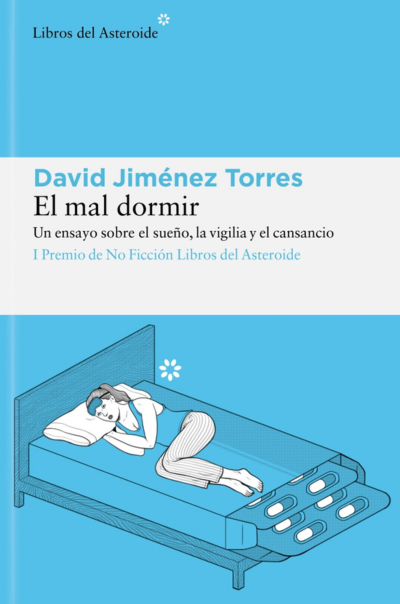A week ago, not to say a month ago, we could not imagine the situation we would find ourselves in today. The coronavirus has gone from being controlled and not constituting any threat to spreading throughout Spain and affecting almost all of the country’s provinces. With the measures taken, for example in the Community of Madrid, many people have panicked, which has made them stock up and fill their pantries, waiting for a possible quarantine or scarcity of resources. At the same time, the health system is not enough, and many health products, such as masks or disinfecting gels, have been depleted. All this, in short, has translated into spikes in demand for the existing supply of these goods and services.
In these circumstances, in which the prices of some items soar, or the counters and refrigerators of supermarkets remain empty, many are inclined to intervention, planning and control as a solution to the problem. When the cost of masks rose so steeply, many politicians spoke out against this rise, even suggesting state-guaranteed pricing or supply. The problem, according to them, resided, as always, in the free market. Capitalist greed made companies and speculators take advantage of high demand to raise prices and make more profit. The State should stop that.
However, and as is common in interventionist arguments, this reasoning suffers from a lack of rigorous theoretical support. This is because they do not understand in depth the laws of supply and demand or, above all, the very important role of prices. FA. Hayek, Austrian School economist and Nobel laureate in this discipline, established in 1945 that the price system was the best transmitter of information, since it did so in the fastest and most adjusted way, and based on precise knowledge. Thus, central planning, lacking prices, could not compete with its level of efficiency.
The price system is the best transmitter of information, since it does so in the fastest and most adjusted way
Price translates a subjective preference that depends on each person. If the number of masks increases, it means that there are many who prefer to buy this item over any other, considering that it is very useful. Entrepreneurs do not have to know and understand the reasons behind this preference: it is enough for them to know that people want more. And that, precisely, they know thanks to the rise in prices. Furthermore, this leads to an extraordinary increase in profits, which is a great incentive for more entrepreneurs to enter to bid, until all demand is met. That is, consumers suddenly want this good, and they go out and buy it. This information is transmitted via prices, which, at the same time, multiplies benefits, and this attracts producers who arrive with the aim of supplying high demand. In this way, with the fair and minimal knowledge that a rise or fall in prices and profits implies, market providers can quickly adapt to the needs of citizens.
But what if there is no price? Then, it is much more difficult for producers to know the demand. They would try to guess the motives that move people to require more masks, but they would never know so exactly how many to make, how and when.
Understanding the operation of the price system, any substitution or obstacle that is put to its free fluctuation, which is synonymous with fluctuation of information, will have negative consequences for the supply of demand. Its fixation prevents it from expressing its desire and need, causing situations of inefficiency and lack of coordination. In this case, if minimum prices were imposed on sanitary hygiene products, we would have a shortage, which supposes a greater probability of contagion of the virus, since many people are left without the means to prevent it. The Spanish health system would thus face a great problem, since, being public and lacking in market and prices, it is much more difficult to manage resources and respond to the peaks in demand that it is going to experience. And beware; the consequences of this shortage are very serious, since many lives are at stake. For all these reasons, demagogy and easy alternatives must be combated. Understanding how the free market works will prevent us from falling into the error of planning or altering that process, which, as we have seen, can have terrible effects on citizens, and more specifically, on their health. The last thing missing from this coronavirus crisis is a planning state that uncoordinates the markets and disrupts the best information transmission mechanism: the price system.






